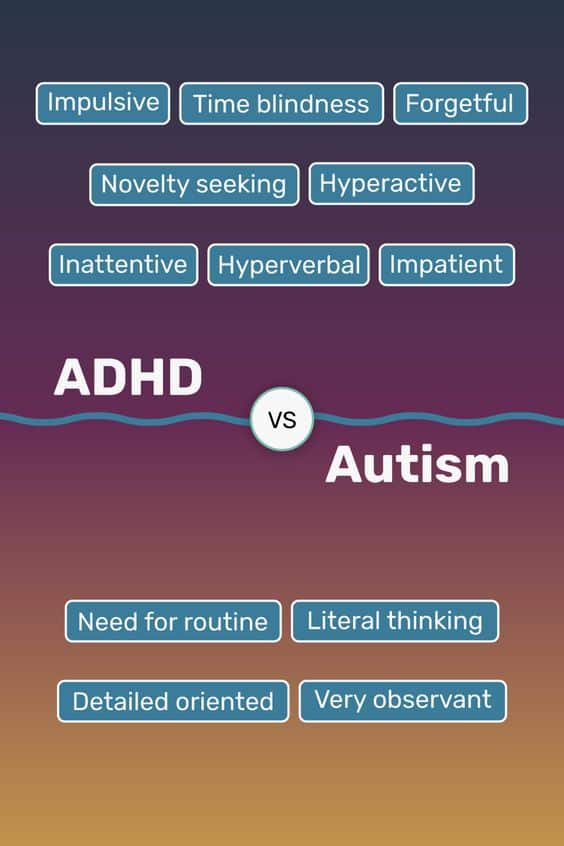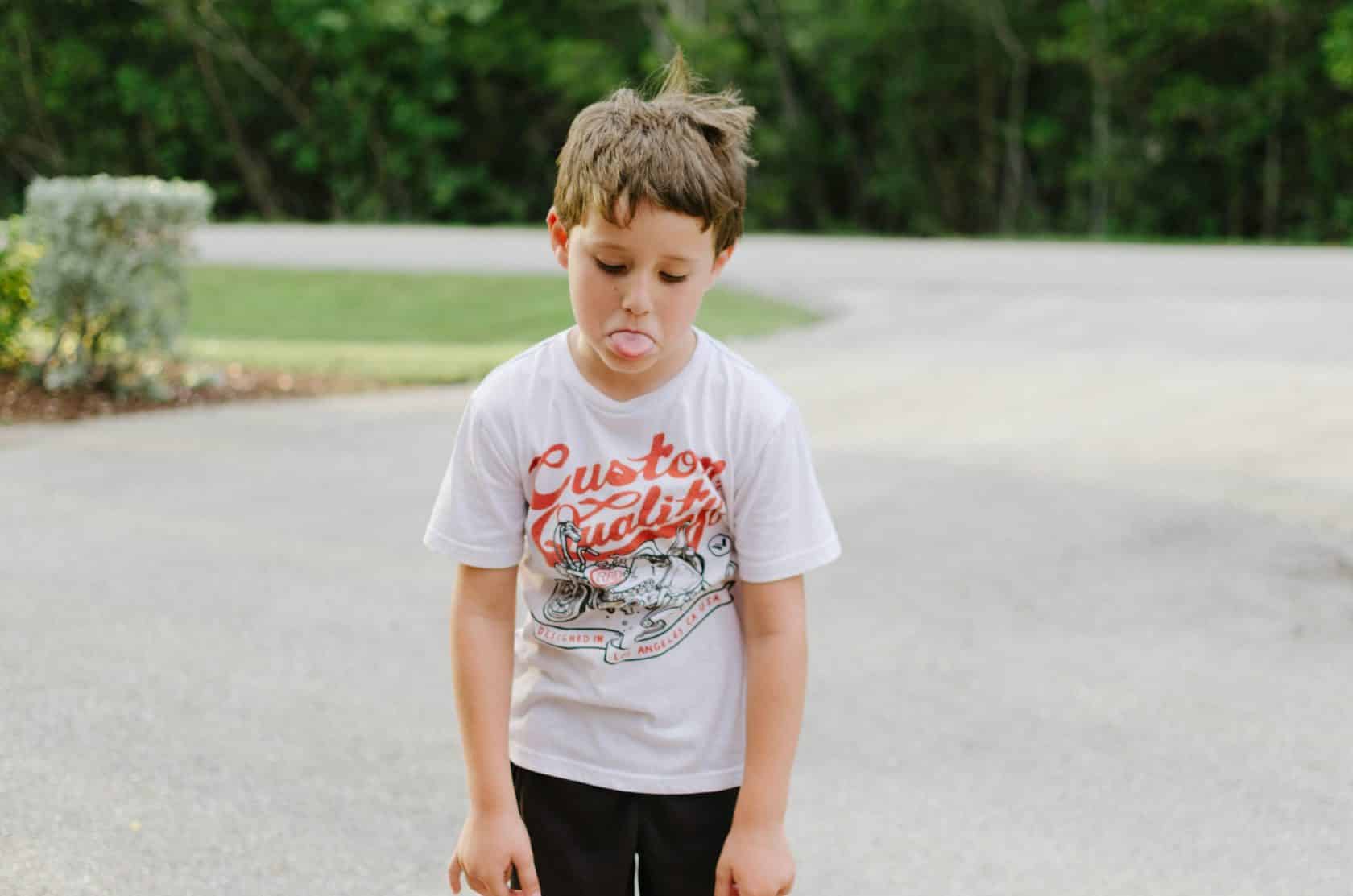Children with autism in China may show a range of symptoms that affect social interaction, communication, and behavior. Common signs include:
| Difficulty with Eye Contact: |
Children with autism may struggle with maintaining eye contact and engaging in reciprocal social interactions. |
| Delayed Speech Development: |
Many children exhibit delays in speech development, including a lack of pointing and gesturing to communicate. |
| Repetitive Movements: |
Some children engage in repetitive behaviors such as hand flapping or spinning objects. |
| Rigid Adherence to Routines: |
Children with autism often display a strong preference for routines and may become distressed by even minor changes. |
Symptoms and their severity can vary widely among individuals. Professional evaluation is crucial for accurate diagnosis, enabling families to access interventions that can significantly improve outcomes.
This post was originally published on Sept. 12, 2023. It was updated on April 12, 2024.















